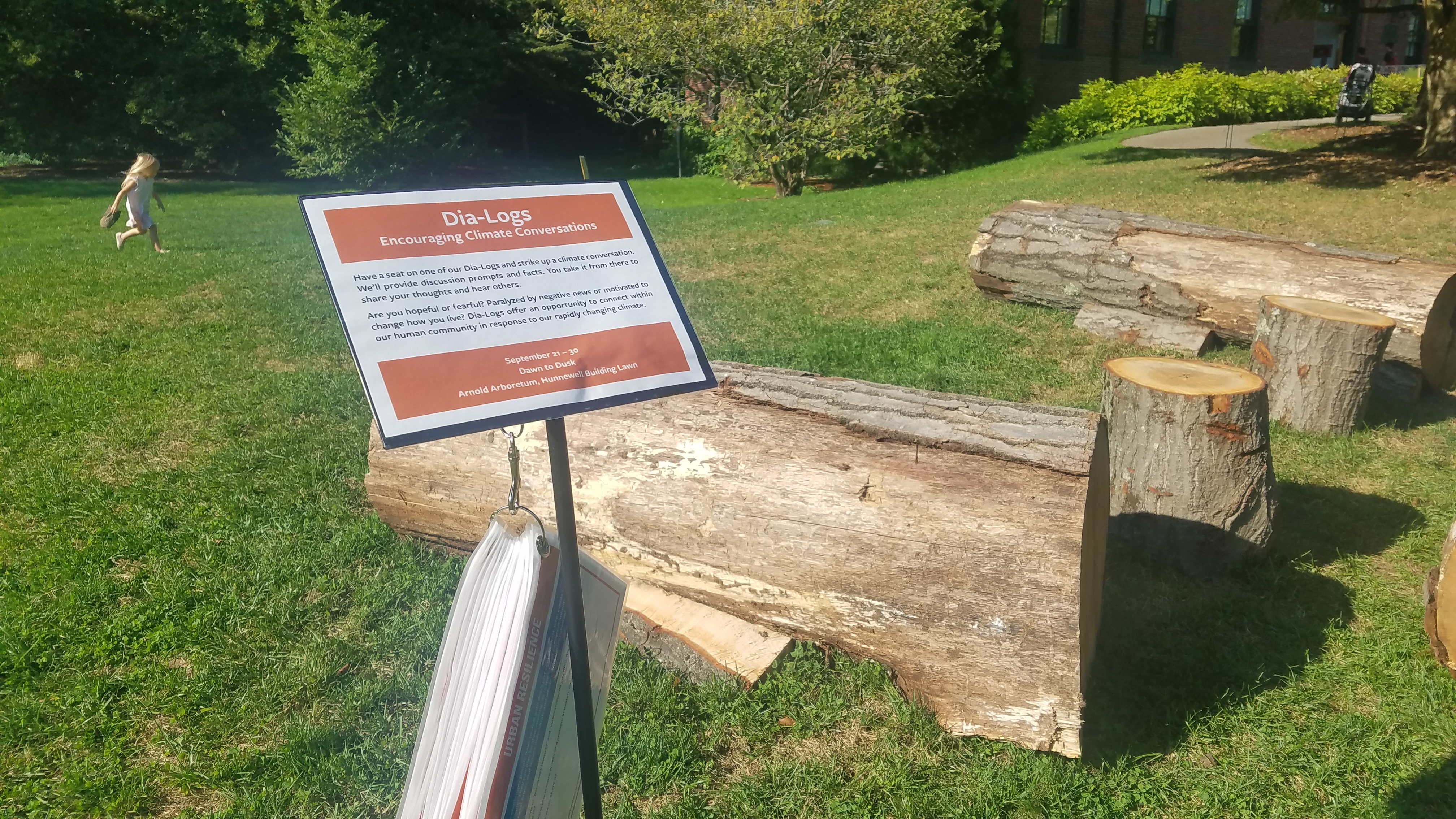by Lily Eisenthal
 Early in the autumn of 2019, before the trees making up its extensive collection began changing colors, the Arnold Arboretum of Harvard University offered a series of events and activities for Climate Preparedness Week. It was the …
Early in the autumn of 2019, before the trees making up its extensive collection began changing colors, the Arnold Arboretum of Harvard University offered a series of events and activities for Climate Preparedness Week. It was the …
